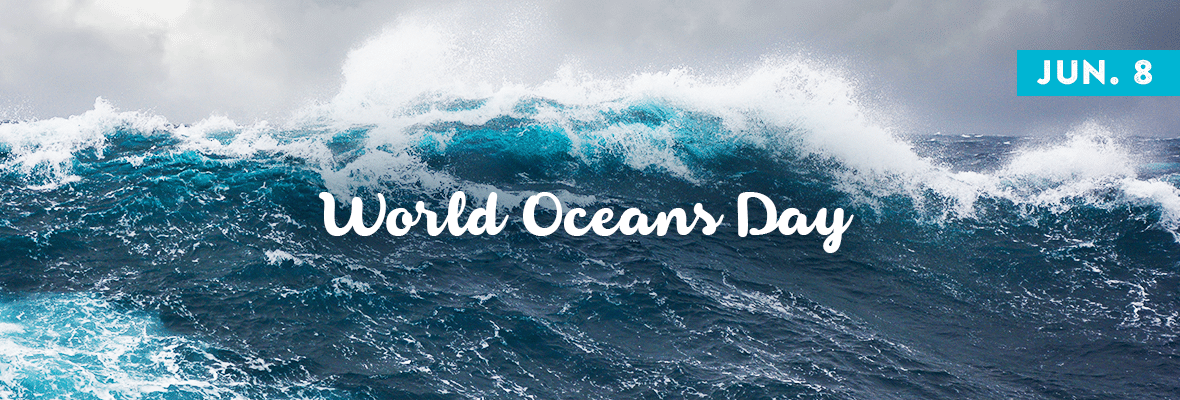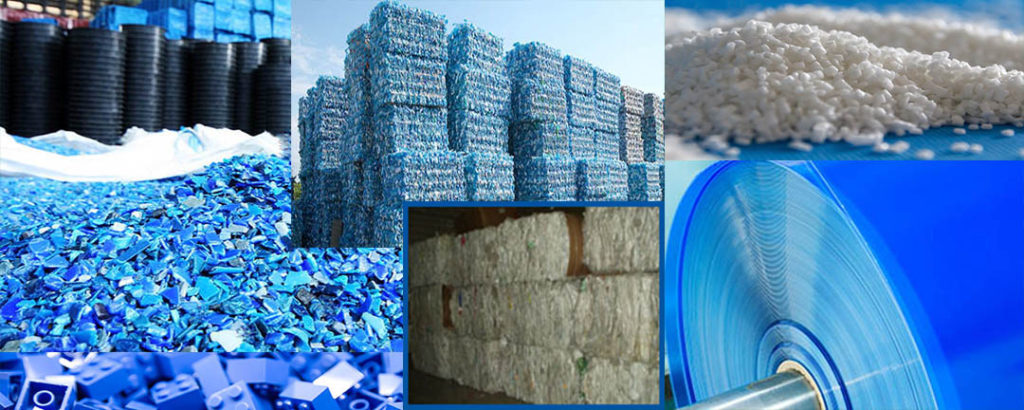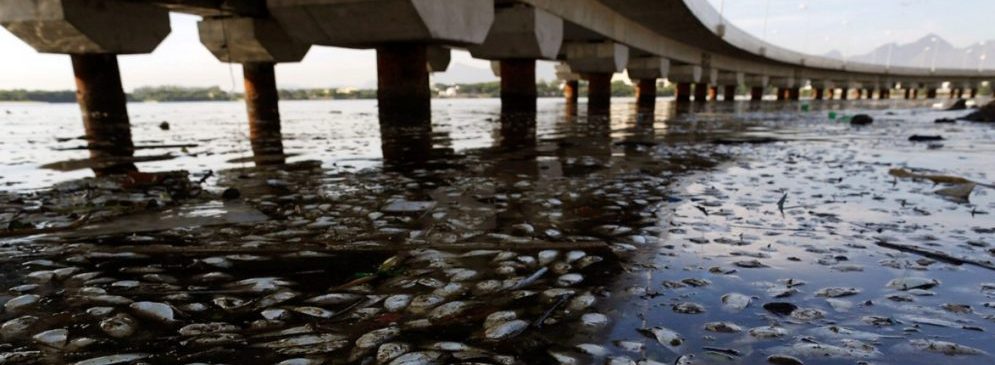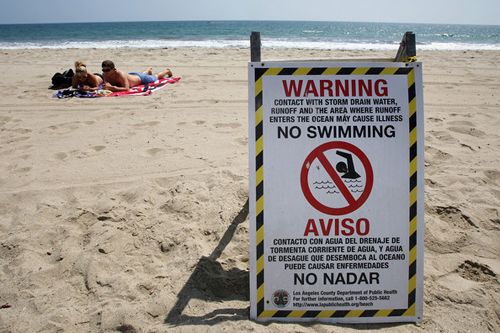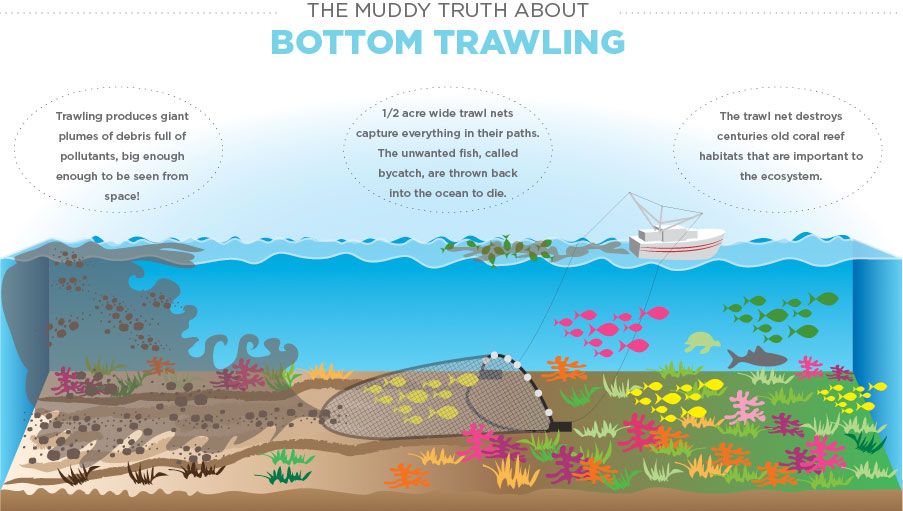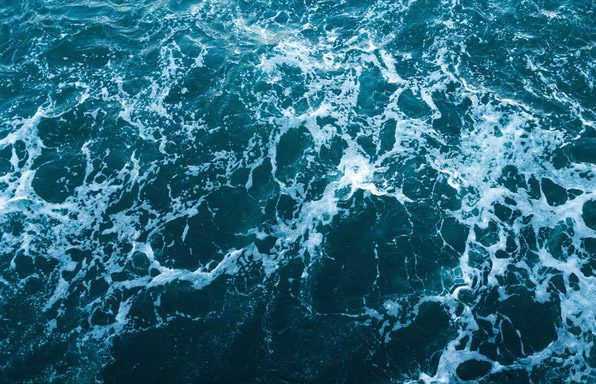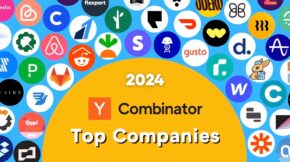World Ocean’s Day
[shareaholic app="share_buttons" id="27983777"]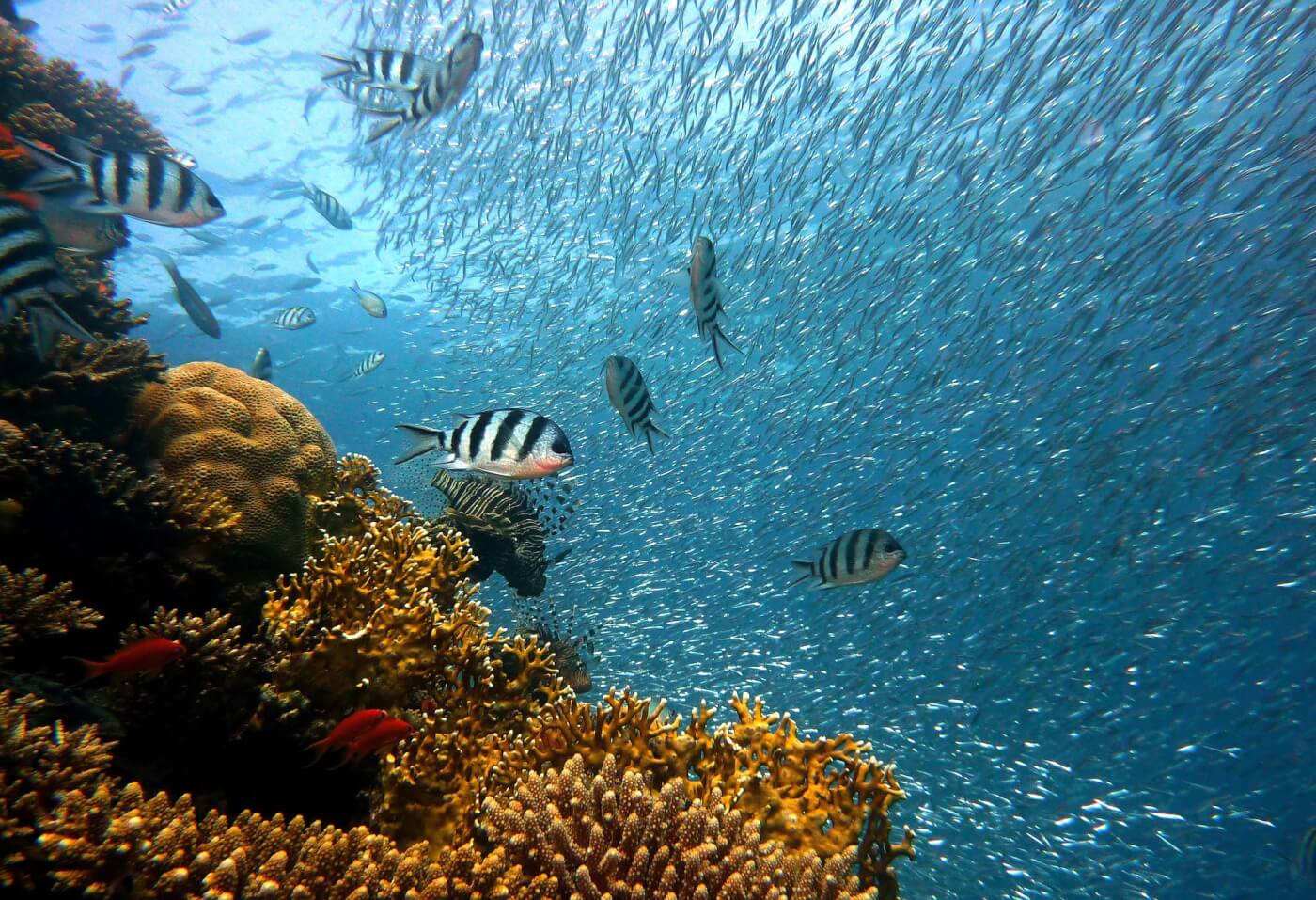
June 8th is World Oceans Day! What’s it all about and how can you help?
What is World Oceans Day?
World Oceans Day is a global celebration in honor of our connectedness through our shared oceans! It’s a day to acknowledge the beauty as well as bring awareness to our shared problems, and work together toward a healthier future!
World Ocean Day has FOUR main goals:
-
Change perspectives – by encouraging us to think about what the ocean means to us and what it has to offer our future generations.
-
Learn – by discovering the beauty of ocean creatures and habitats, how our daily actions affect them, and how we are all interconnected.
-
Change our ways – by acknowledging the processes that we are all linked to, positive and destructive, and how they link us to our oceans! Making small modifications to your everyday habits will make a difference, and involving your family, friends, and community will benefit our blue planet even more!
-
Celebrate! – Whether you live inland or on the coast, we are all connected to the ocean. Organize or participate in activities that celebrate our ocean, and share with friends and family!

The holiday was first celebrated in Rio de Janeiro in 1992 and was first recognized and celebrated globally in 2002. The United Nations made June 8th the official holiday in 2008, and each year during this last decade the holiday has focused on a specific theme. This year’s’ theme is decreasing plastic in the ocean. You can follow hashtags on Twitter and Instagram this weekend like #zeroplasticlunch and #thelaststraw to see what organizations globally are doing to combat this problem.
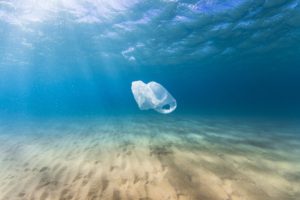 8 million metric tons of trash enters the sea every year. That’s the equivalent of five plastic bags full of trash for every foot of coastline in the world. Across our oceans, plastic trash flows into the ocean’s circulation dispersed almost everywhere, killing wildlife and making our oceans and beaches just plain gross.
8 million metric tons of trash enters the sea every year. That’s the equivalent of five plastic bags full of trash for every foot of coastline in the world. Across our oceans, plastic trash flows into the ocean’s circulation dispersed almost everywhere, killing wildlife and making our oceans and beaches just plain gross.
Want to be a part of the pollution solution? Check out our super helpful tips of the 7 ways you can decrease plastic in your everyday life, here.
Okay, you’re living a plastic-free, super reusable lifestyle… what next?
Don’t worry there is much more you can do for your oceans.
Support recycled plastic companies and products!
While the first step is definitely to stop buying new plastic products, we still have to address the plastic already created. Hundreds of companies around the world have taken up the innovation challenge to source and reuse old plastic for new products. We need to stop thinking of plastic as a “disposable” material (because it isn’t), but instead as a valuable one. By refusing to support new plastic, and instead supporting recycled plastic, you encourage the market to shift!
Help Reverse Dead Zones
Plastic isn’t the only pollution that is hurting our oceans. Industrial, Agricultural and Urban waste all around the world end up in our oceans, kill algae, which ends up depleting the oxygen marine creatures need to survive. These areas become dead zones, turning once vibrant bountiful zones into the equivalent of ocean deserts, where animals simply cannot survive, leading to mass extinction of many of our favorite fish. “Ocean deoxygenation is taking place all over the world as a result of the human footprint, therefore we also need to address it globally.”
So, what do you do?
Dead zones are caused by three main factors: Industrial Runoff, Agricultural Pollution, and Urban Runoff.
Industrial Runoff
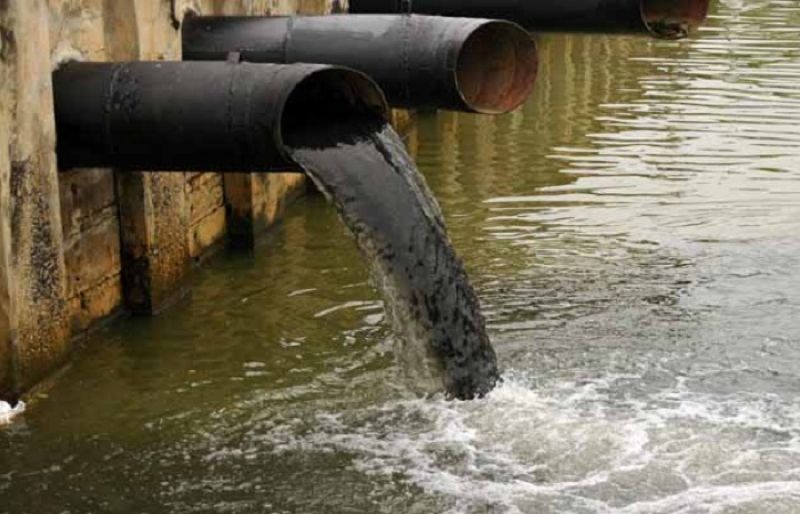 Get involved in your community’s water, whether you’re coastal or not, especially if you live near any industrial building.
Get involved in your community’s water, whether you’re coastal or not, especially if you live near any industrial building.
According to the National Pollutant Discharge Elimination System, all industrial facilities are responsible for self-identifying their own pollution and implementing self-selected pollution prevention strategies.
The U.S. EPA’s National Water Quality Inventory Report noted that 39% of assessed rivers, 45% of assessed lakes, and 51% of coastlines were “dangerously polluted.” And that’s without including 81% of our river miles – have not been studied yet.
Good news! Every city has a water board. Take action with your community and put pressure on your local industries to be transparent about their practices and pollution elimination.
Agricultural Pollution
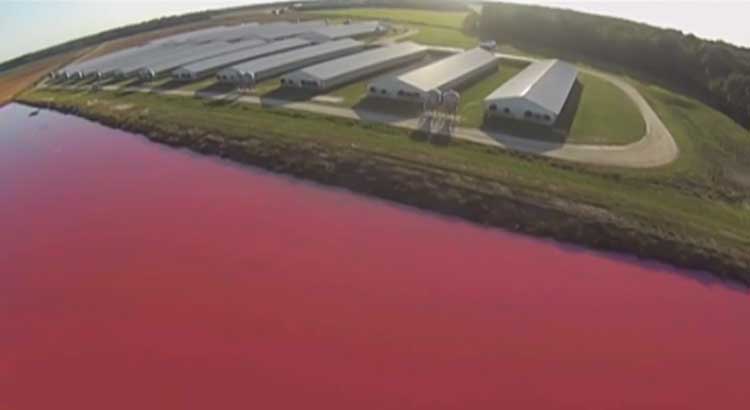
What you eat, and where it comes from matters.
Luckily as GrubMarket customers, you don’t have to worry too much, because we don’t support those big bad industrial food farming companies that do the most damage. However, if you eat at restaurants (especially any large chain or fast-food) the meats, dairy, soybeans, corn, and wheat in your meal is 99% likely coming from a major offender. So, do your research and encourage your loved ones to stop buying from commercial grocers who hide and protect their producers, and encourage them to buy as much as they can from small, organic, and transparent producers (most especially when it comes to meat or dairy, the runoff of which is extremely toxic).
Urban Runoff
If you’re a resident of Los Angeles, chances are that you’re well aware of how gross our beaches and oceans can be! Here are the National Marine Society’s top tips about how you can make a difference in your area.
-
Buy “environmentally safe” household cleaners. (We got you covered there!)
-
Take all unwanted hazardous materials and containers to local collection sites where they will dispose of it properly.
-
Use pesticides, herbicides, and fertilizers sparingly and carefully, and try natural methods if possible.
-
Use a broom instead of a hose to clean up yard clippings.
-
Pick up animal wastes and dispose of them in garbage cans. (Hopefully, you do that already, because it’s the nice thing to do!)
-
Take used motor oil and antifreeze to a recycling center or hazardous waste collection center!
-
Reduce leakage of oil, antifreeze and other fluids from your car by regular inspections and maintenance.
-
Don’t LITTER!
-
Pick up litter (with gloves or a device) when you see it if you can and dispose of it.
Overfishing and bottom trawling
Among all the fishing methods, bottom trawling, (dragging a large net across the seafloor) is the most destructive to our oceans. This large net with heavy weights is dragged across the seafloor, un-selectively catching everything it encounters. This collateral damage, called ‘bycatch’, can amount to 90% of the total catch, all of which gets tossed back into the ocean, unfortunately already dead. Endangered fish, sharks, dolphins, sea turtles, ancient sea reefs, are all common victims. The weight and width of a bottom trawl destroy such large areas of habitats it is like a nuclear bomb of the sea. Any animal that does survive the nets… comes back to complete destruction of their eco-system, food sources, and habitat.
Wild Local Seafood
So what do you do about it? Well, like most of the other answers, be conscious of where your food comes from! Look for sustainable seafood labels and ask the people behind the counter if it was caught sustainably! If they can’t tell you, that’s not a good sign. Better yet, buy seafood from your local farmers market, where you can talk directly to your fisherman. Or, there’s always GrubMarket, where we do that for you! GrubMarket proudly supports Wild Local Seafood Co., and for good reason. Check out their mission statement below.
“Here at Wild Local Seafood Co. we are at the forefront of eco-friendly practices. We are industry leaders in sustainability with a majority of our fish being caught only by hook and line practices, or troll methods for salmon. We work with the University of California Santa Barbara, constantly hiring interns from their Environmental Science department who only further our passion for sustainability! All seafood we sell is caught under strict California/U.S. guidelines for size, season, and by-catch. We do not buy ANY farmed fish due to the poor quality of seafood, use of dye, and GMO’s present in the fish. Furthermore we do not purchase seafood caught internationally due to the disgraceful practices and standard of industry our owner experienced traveling abroad, not to mention the wasteful emissions of importing fish. These fishing practice have wreaked havoc ecologically threatening our seas making local seafood the only sustainable healthy option! Go Local and go wild to help foster an ecological consciousness in the food industry.”
Well, there you go! The problems may seem big and we may seem small, but every drop of water adds up to a big ocean! Start taking small steps today, share this with your friends and family and together we can make a huge difference.


